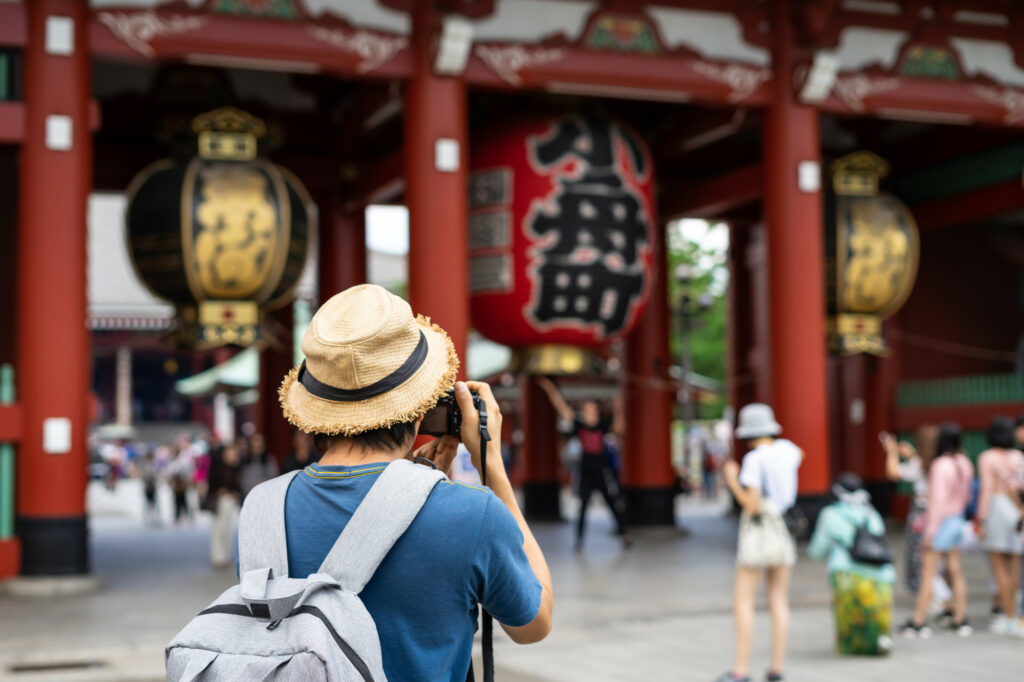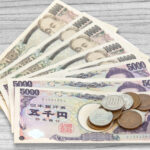
Tourism in Japan is picking back up as the country loosens its pandemic-related travel restrictions. Soon enough, individual travelers will be able to go to Japan on vacation.
Are you planning on a trip to Japan?
If you are, you need to know what to expect. Japan is very different from the West. They have different customs, social rules, and more.
We’re here to talk about a few things that you should know before visiting Japan. Read on to learn more.
1. You Should Keep Cash On Hand
When many people travel, they choose not to go through the trouble of converting their currency into the local currency. When credit and debit cards are accepted in so many places, what’s the point?
There are many places where you’ll be able to use your cards in major cities in Japan, but this isn’t universal. There are still many establishments (even in Tokyo) where you’ll need to use cash. Even in places that accept cards, the employees will prefer cash.
Yes, it costs money to convert currency, but it’s worth it. If you have some money left over at the end of your trip, you get a cool souvenir!
Bonus tip: the first time you’re in Japan, everything will look so expensive! This is because one dollar is over one hundred yen. Think of yen as pennies instead of dollars and the prices will make more sense.
2. Learning Basic Polite Japanese Phrases Is Key
You will encounter many people in Japan’s larger cities that understand (and even speak) English on some level. Fluency isn’t as common, but especially in popular shops and restaurants, you will be able to get by.
With that in mind, you should do your best to learn some Japanese before visiting Japan.
First, using Japanese is polite (and politeness goes a long way in Japan). Even if your Japanese isn’t good, people will appreciate it. They do not expect foreigners to be fluent.
Learning Japanese will also help you if you choose to travel to more rural areas where there will be fewer English speakers. If visiting the countryside is part of your Japanese vacation plan, learn at least the most basic polite phrases.
Depending on how long you plan on staying, you’ll likely pick up more Japanese through immersion. This won’t happen if you’re refusing to speak it at all, however.
3. Trains Don’t Run 24/7
Anyone who’s coming from a major city in the United States may be surprised to learn this unfortunate fact. Trains in Japan generally do not run all night long, even in Tokyo.
Tokyo has a thriving late-night culture which leads many people to believe that the trains must run at night. How do people get home from a late night at the bar?
Often, they stay out. There are all-night Karaoke bars that you can party in until the early hours of the morning when you can finally get home. It’s also not uncommon to see someone napping in public (which is considered a sign of diligence rather than rudeness). Of course, there are also taxis.
If you have somewhere you need to be late at night or before 5 am, find another mode of transportation.
4. Tattoos Will Make You Stand Out
In the western world (and much of the world in general), tattoos are somewhat commonplace. In Japan, tattoos are still taboo.
Irezumi is a traditional Japanese tattoo practice that many artists nationwide have picked up to use in their own shops. At one time, even in Japan, it was not uncommon to have traditional tattoos.
In modern-day Japan, however, these tattoos still have ties to the Yakuza (an organized crime group). While western influence is slowly changing the tattoo landscape in Japan, it’s still not common to see tattoos on Japanese citizens.
Japanese citizens rarely judge foreigners for having tattoos (at least openly), but you may be denied entry to certain things such as onsens (or Japanese bathhouses). In public it’s best to cover your tattoos, especially in formal settings.
5. Social Etiquette Is Crucial
Japans care a lot about politeness, far more than many westerners. There’s a strict social code. Again, Japanese citizens will understand if foreigners break this code, but they will still be unhappy about it.
On trains, for example, it’s rude to talk loudly or eat (both of which are things that are common on American trains). Even listening to your music too loudly with headphones is considered rude.
Bowing is also common in Japan during greetings, apologies, and more. It’s a shallow bow and no one expects foreigners to understand it, but it is a polite thing to do.
There are plenty of Japanese social conventions that you should keep in mind if you want to be as polite as possible in Japan.
6. You Should Visit the Konbinis
In the West, convenience stores are never the first choice for food. Sure, you might grab a quick snack if you’re in a pinch, but you’d rather eat somewhere else.
While this is also true in Japan, especially considering their abundance of fantastic restaurants, Japanese convenience stores are on a whole other level. They’re called Konbini and they actually have good food (see our ultimate guide to konbini here).
We know the term “convenience store sushi” might strike fear into your heart, but trust us. If you need a cheap lunch, you won’t regret it.
7. Tipping Is Rude
With all of the mention of politeness being so crucial in Japan, you may be tempted to tip well when you go to a restaurant. Believe it or not, tipping is actually a rude gesture!
When you tip in Japan, it implies that you think the restaurant does not pay their staff enough. While this is true in other countries, Japan is not one of them.
The server will likely return your money. They may not think you’re being intentionally rude because you’re a foreigner, but they will also not appreciate it.
8. Wear Masks If You’re Sick
Masks are common worldwide now, but they’ve always been common in Japan and other parts of Asia. Part of Japan’s focus on politeness includes the personal responsibility to keep others healthy if you’re unwell.
When you’re very sick, staying at the hotel is best. If you’re experiencing allergies or a mild cold, wear a mask in public.
9. You May Get Turned Away Sometimes
We mentioned that people with tattoos can get turned away at certain establishments, but did you know that you may also be turned away just for being a foreigner?
This is an unfortunate reality. While it’s less common than it’s ever been, many foreigners find themselves unable to get into interesting clubs and fancy restaurants.
Before you visit a location, we recommend looking online to see if they accept foreigners. Read reviews just in case they don’t mention it on their websites.
10. You Must Remove Your Shoes
This is becoming more commonplace everywhere, but in Japan it’s crucial. You need to remove your shoes whenever you enter a residence, some restaurants, and certain other indoor public places.
When you enter a building, look for a sign that you shouldn’t be wearing shoes. If there are other people inside, take their example. If the floor in the entryway is lower than the surrounding space, that’s a sign that you should remove your shoes.
Similarly, if there’s a cubby with shoes, you should assume that you should remove yours. Often, there will be a pair of indoor shoes or slippers provided for you to wear indoors, but this isn’t always the case.
Don’t bring your outside mess inside!
11. You Should Hold on to Your Garbage
Speaking of messes, many people who visit Japan (and especially Tokyo) marvel at how clean it is in comparison to many towns and cities in the United States. With so many people in Tokyo and so few trash bins, how do they do it?
There are a few factors.
First, social responsibility and etiquette come into play yet again. People feel responsible for maintaining public spaces, so they choose to not throw trash around.
It’s not polite to eat outdoors unless it’s a designated eating space. While it still happens (especially with busy students and businesspeople), it’s far less common than it is in the West.
As a result, there’s less garbage.
If you’re out and about and you have trash, keep it with you until you get inside or find a rare trash bin. It’s the polite thing to do!
Time to Plan a Trip to Japan
Keep these things in mind when you’re planning your trip to Japan!
Japanese people won’t expect you to know everything about Japan when you get there, but it’s helpful to know the basics so you can be as polite and respectful as possible. This is how you’ll get the most out of your trip.
If you’re getting ready for your trip, check out the rest of our travel guide! Start here with 5 Reasons Why You Should Visit Kyoto.
- 12 Things to Do When Visiting Japan - October 7, 2022
- 13 Reasons to Move to Japan - October 7, 2022
- A Guide to Japanese New Year Traditions - October 6, 2022








